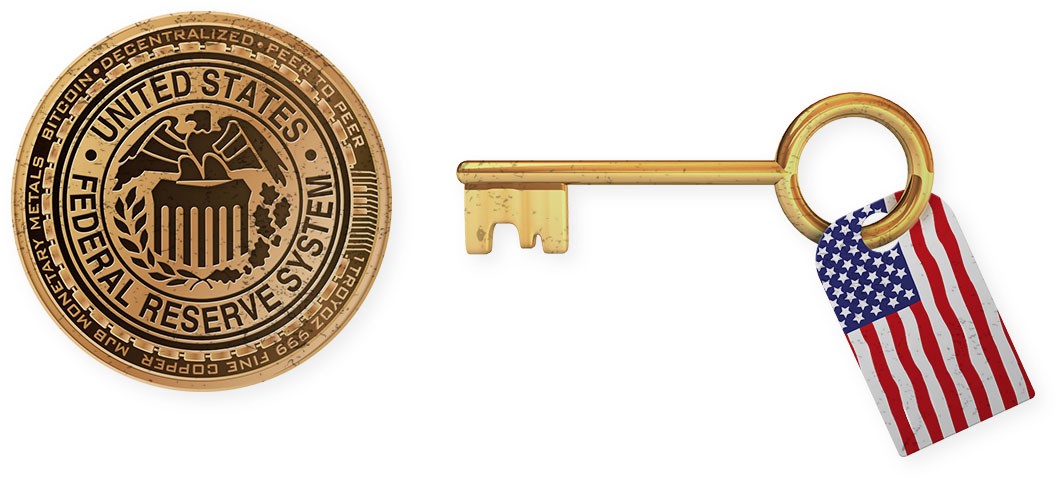PALO ALTO, Calif. (Reuters) - The Federal Reserve is looking at a broad range of concerns around digital payments and currencies, including policy, design and legal factors to consider around potentially issuing its own digital currency, Guv Lael Brainard said on Wednesday. Brainard's remarks suggest more openness to the possibility of a Fed-issued digital coin than in the past." By changing payments, digitalization has the potential to provide higher worth and convenience at lower expense," Brainard stated at a conference on payments at the Stanford Graduate School of Service.
Reserve banks worldwide are disputing how to handle digital finance technology and the distributed journal systems used by bitcoin, which assures near-instantaneous payment at potentially low expense. The Fed is establishing its own round-the-clock real-time payments and settlement service and is currently evaluating 200 comment letters sent late last year about the suggested service's style and scope, Brainard stated.
Less than 2 years ago Brainard told a conference in San Francisco that there is "no compelling demonstrated requirement" for such a coin. But that was before the scope of Facebook's digital currency ambitions were widely understood. Fed officials, including Brainard, have raised issues about consumer securities and data and privacy threats that might be posed by a currency that might come into usage by the 3rd of the world's population that have Facebook accounts.

" We are working together with other reserve banks as we advance our understanding of main bank digital currencies," she said. With more nations checking out releasing their own digital currencies, Brainard stated, that adds to "a set of factors to likewise be making certain that we are that frontier Go to this website of both research and policy development." In the United States, Brainard stated, problems that need research study consist of whether a digital currency would make the payments system safer or simpler, and whether it might present financial stability threats, including the possibility of bank runs if cash can be turned "with a single swipe" into the central bank's digital currency.
To counter the financial damage from America's unmatched national lockdown, the Federal Reserve has taken extraordinary steps, consisting of flooding the economy with dollars and investing straight in the economy. Many of these relocations received grudging approval even from many Fed skeptics, as they saw this stimulus as required and something only what is fed coin the Fed might do.
My new CEI report, "Government-Run Payment Systems Are Risky at Any Speed: The Case Versus Fedcoin and FedNow," information the threats of the Fed's existing strategies for its FedNow real-time payment system, and proposals for central bank-issued cryptocurrency that have been dubbed Fedcoin or the "digital dollar." In my report, I talk about concerns about personal privacy, data security, currency manipulation, and crowding out private-sector competition and development.
Proponents of FedNow and Fedcoin say the federal government needs to develop a system for payments to deposit immediately, rather than encourage such systems in the economic sector by lifting regulative barriers. However as noted in the paper, the personal sector is offering a relatively endless supply of payment innovations and digital currencies to solve the problemto the level it is a problemof the time space between when a payment is sent and when it is received in a checking account.
And the examples of private-sector innovation in this area are numerous. The Clearing House, a bank-held cooperative that has actually been routing interbank payments in numerous forms for more than 150 years, has been clearing real-time payments Click here! considering that 2017. By the end of 2018 it was covering half of the deposit base in the U.S.